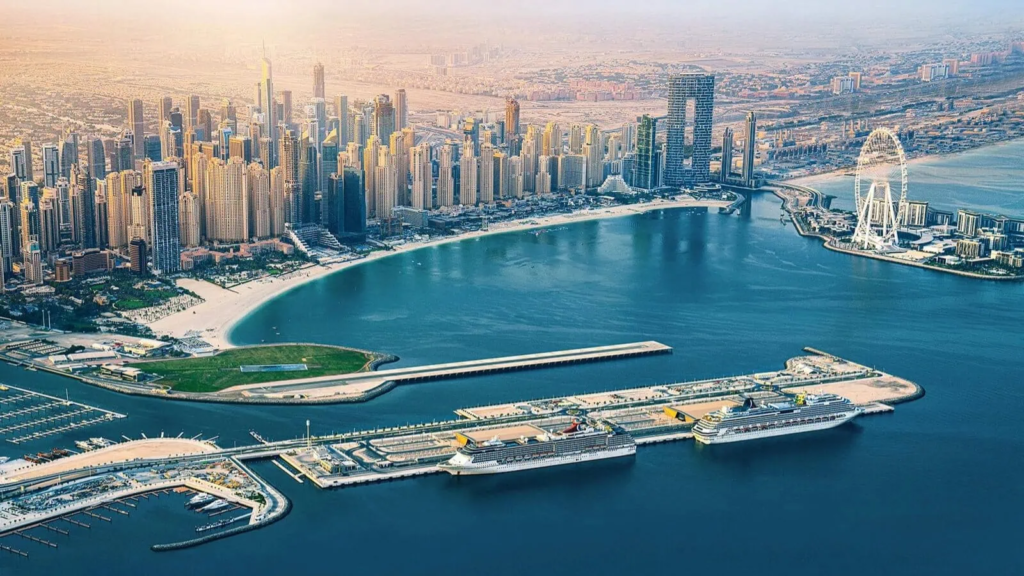Dubai’s real estate market is globally recognized for its tax advantages, attracting both seasoned investors and newcomers. Unlike many major cities, Dubai offers minimal property tax burdens, adding to its appeal as a lucrative destination for real estate investment. This guide explores the essential aspects of property taxation in Dubai, covering everything from transfer fees and registration costs to VAT and service charges. Understanding these tax implications helps investors make informed, profitable decisions in Dubai’s dynamic property market.
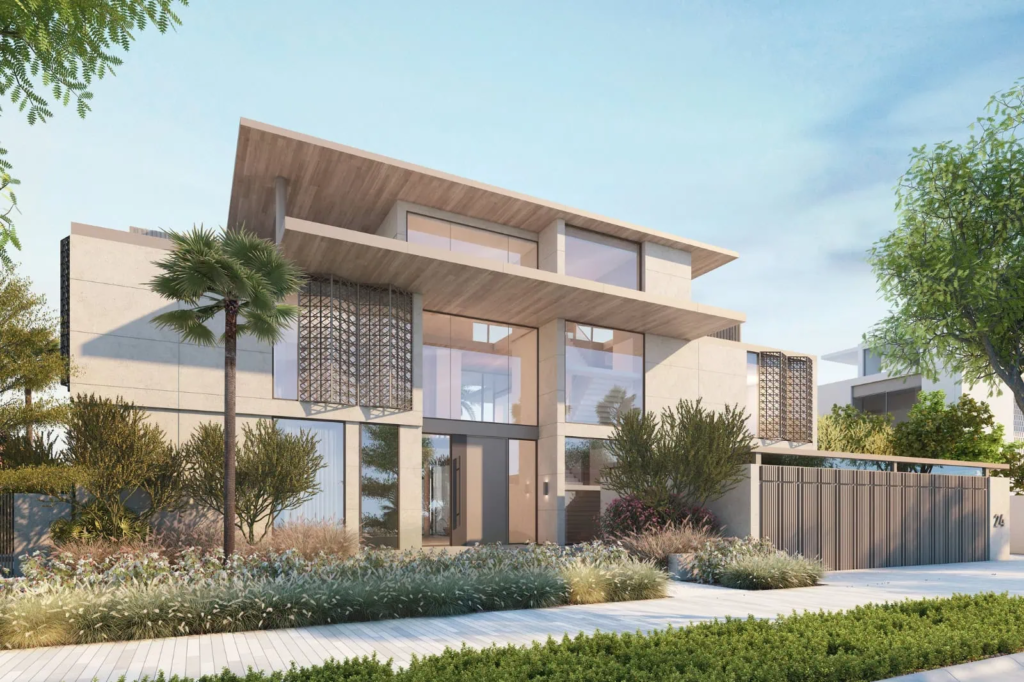
Is There Property Tax in Dubai?
Dubai is known for its favorable tax policies. While there is no recurring property tax, some costs are associated with purchasing real estate, such as transfer fees, registration fees, and service charges.
Transfer Fee: The Dubai Land Department (DLD) charges a one-time transfer fee of 4% on the property’s purchase price, split between the buyer and seller unless agreed otherwise. This fee applies to all property transactions, including transfers of ownership on the deed.
Property Registration Fee: This one-time fee is another cost that Dubai imposes to finalize property transactions. The DLD fee is 4% of the sale price and is usually divided equally between buyer and seller, ensuring legal property registration under the new owner’s name.
Additional Fees for Property Buyers in Dubai
In addition to the main taxes, several other costs apply to property transactions:
Agency Fees: When purchasing property through an agent, expect to pay commission fees (typically 2% of the property value), compensating agents for providing market insights and handling transaction details.
Mortgage Fees: Buyers financing their purchase must account for mortgage-related costs. These include processing fees, which range from AED 500 to AED 5,000, and appraisal fees, depending on the lender.
Security Deposit: To secure a property, buyers usually pay a security deposit of around 10% of the purchase price, refundable upon completion or rolled into the transaction.
Service Charges: Property owners in Dubai pay annual service charges covering maintenance and upkeep costs. These fees, determined by the property type and location, ensure the proper functioning and appearance of buildings and shared facilities.
Dubai Electricity and Water Authority (DEWA) Fees: DEWA charges apply to all residential properties, with fees varying based on property size and utility usage.
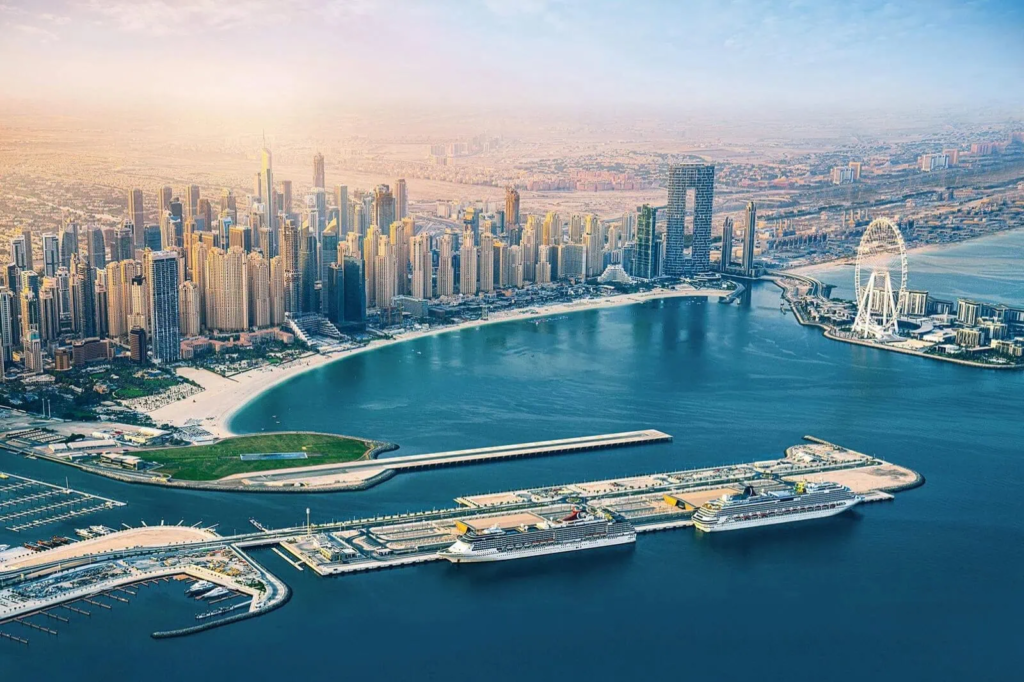

Why Dubai Has a Competitive Property Tax Structure
Dubai’s tax environment is among the most favorable globally. Unlike many cities that levy annual property taxes, Dubai only imposes one-time registration fees, which help streamline real estate investments and reduce long-term financial obligations.
Tax-Free Wealth Accumulation
Dubai does not tax individual wealth, net worth, or property ownership. This absence of recurring wealth taxes lets investors retain maximum profits from their real estate investments.
Cost-Effective Investment Compared to Global Markets
Dubai’s low entry fees make it one of the most cost-effective real estate markets for investors, especially when compared to cities like London or New York. This competitive advantage has fueled Dubai’s reputation as a top destination for high-net-worth investors seeking minimal tax exposure.
Indirect Tax Implications: VAT and Other Fees
While Dubai doesn’t impose an annual property tax, investors must consider indirect taxes:
VAT on Property: Since 2018, the UAE has applied a 5% VAT on various goods and services, including new residential property sales by developers. Subsequent sales, however, and rental income remain VAT-exempt, making Dubai’s property investments highly attractive for long-term investors and landlords.
Service Charges VAT: Maintenance-related services incur VAT, increasing annual costs for property owners. For example, a residential tower in Marina District may have service charges around AED 20 per square foot, with VAT included.
Commercial Property VAT: Sales and leases of commercial properties are subject to VAT, impacting cash flow and returns. However, businesses operating within these properties can reclaim VAT, provided they meet specific requirements.
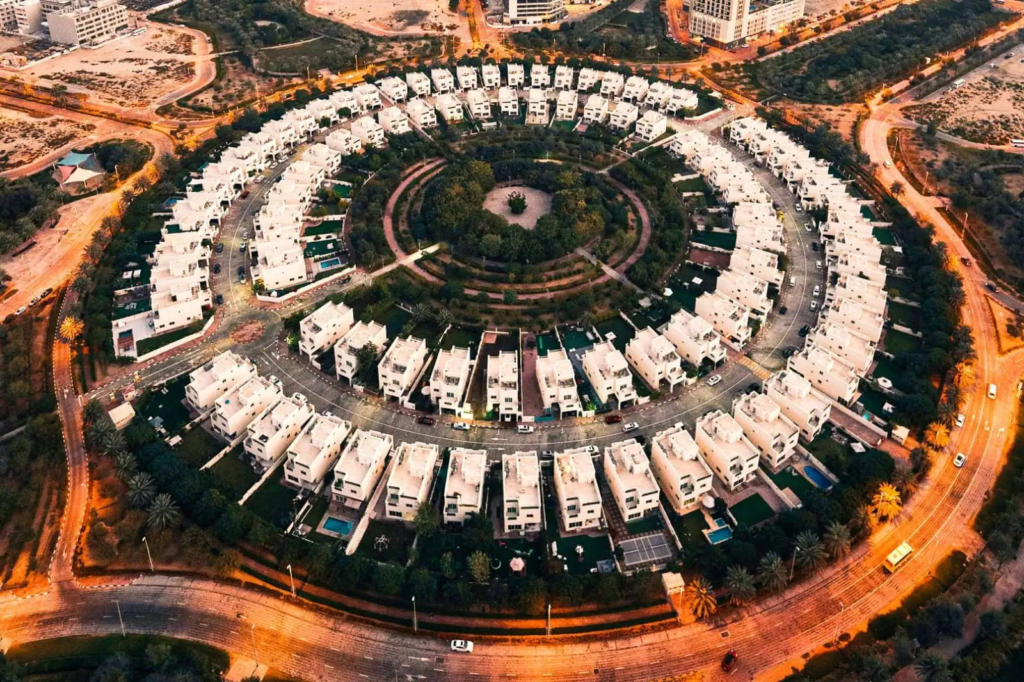

Tax Regulations and Recent Changes in Dubai
The UAE tax environment evolves with economic conditions, with policies continuously refined to maintain Dubai’s attractiveness as a business and investment hub. For property investors, it’s crucial to stay informed about updates in tax laws and regulatory guidelines.
No Income Tax: Dubai doesn’t impose personal or corporate income tax, reinforcing its appeal as a global investment hub.
No Capital Gains Tax: Investors selling property in Dubai are exempt from capital gains tax, a significant advantage over other markets where these gains are taxable.
No Inheritance Tax: Dubai’s laws do not impose inheritance tax, further simplifying wealth transfer for property-owning families.
Benefits for Foreign Investors
Foreign investors enjoy several tax incentives when purchasing real estate in Dubai. The lack of income and capital gains tax allows foreign property owners to maximize returns, making Dubai an optimal choice for investors worldwide.
Dubai’s legal framework offers various residency options, including the Golden Visa, which allows long-term residency to high-net-worth individuals and property investors. This visa is ideal for those seeking to base themselves in Dubai while enjoying its tax benefits.
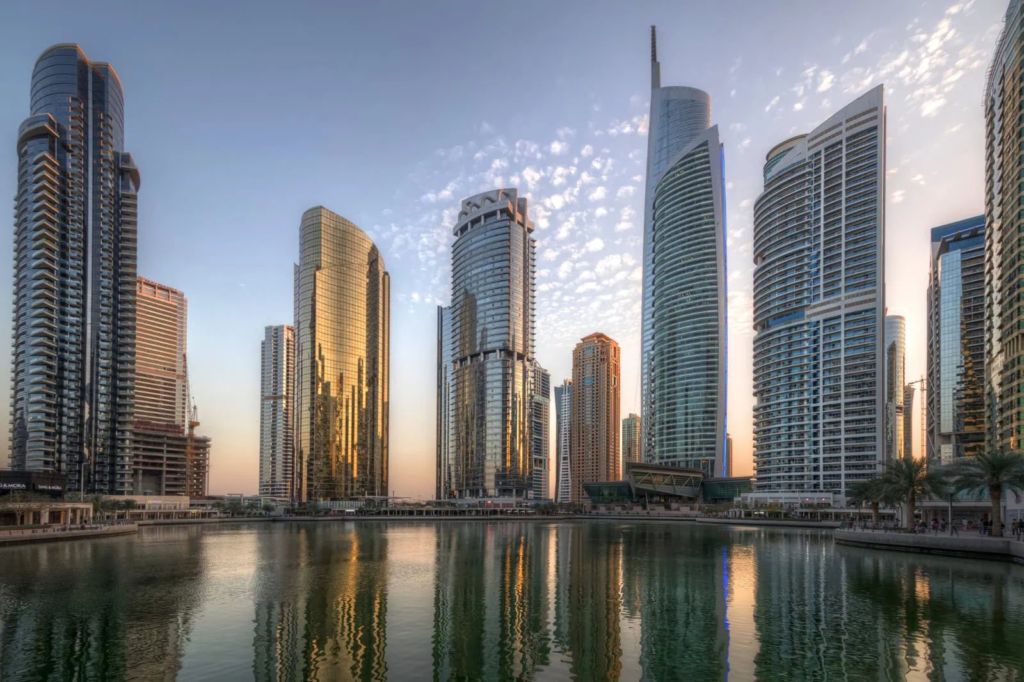
Frequently Asked Questions
Is there any annual property tax in Dubai?
No, Dubai does not have an annual property tax or capital gains tax on real estate. However, there is a one-time property transfer fee of 4% of the purchase price, shared between the buyer and seller, typically paid to the Dubai Land Department during the transaction.
What fees are associated with buying property in Dubai?
In addition to the property transfer fee, buyers in Dubai may need to pay registration fees, mortgage arrangement fees (if financing), agency commissions, and a refundable security deposit. There are also service charges for maintenance and utilities, like the Dubai Electricity and Water Authority (DEWA) fees.
Does VAT apply to property transactions in Dubai?
Yes, a 5% VAT applies to some property transactions, especially for commercial real estate. However, residential properties are typically exempt from VAT except in cases of newly built properties, where VAT might be included by the developer. Service charges and maintenance fees may also include VAT.
What are the benefits of investing in Dubai with no property tax?
Dubai’s tax-free policy on property ownership enhances investment returns by minimizing tax liabilities. With no annual property or wealth tax, investors can maximize rental yields and long-term gains. This tax-friendly environment makes Dubai a top choice for global property investors seeking financial benefits and stability.
Want to know more?
Connect with our team at Casabella Property Broker for personalized advice and information.

